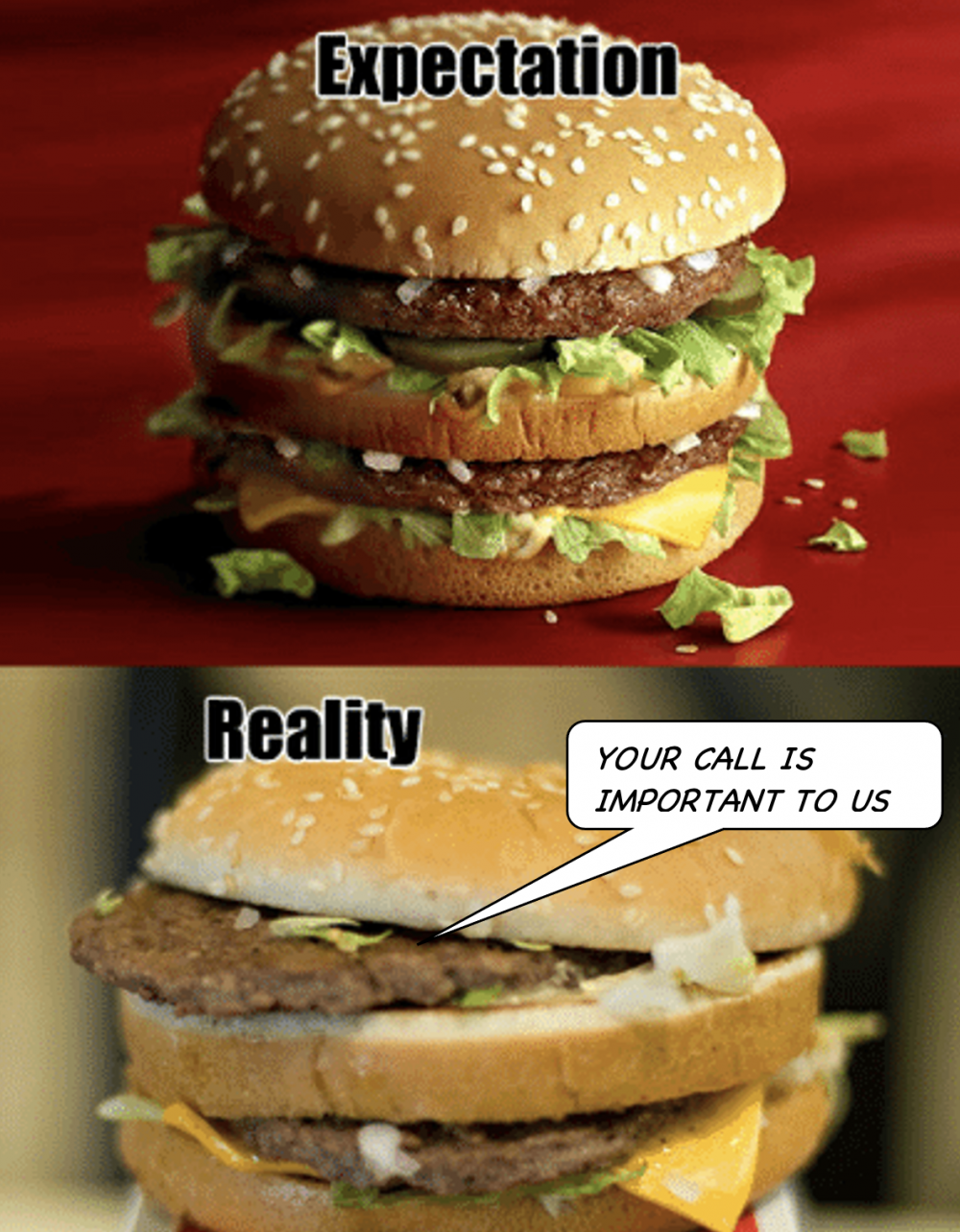Worst reasonable efforts
Few can dress up a nonsense in finery like we goshawks of the law: to “use endeavours” is to embark with laudable commitment on an action worthy of a memorialisation by covenant; to “try to do something”, not so much, despite amounting to the same thing.
And a merchant who accepts responsibility only for her gross negligence promises little more than forbearance from outright recklessness in the performance of her bond. Yet counsel on either side (of the bargain; not the Atlantic!) nod along as if this is somehow okay.
So it falls to us to ask: if one can sensibly commit to one’s “best reasonable efforts” — then why not something less than that? How about one’s worst reasonable efforts? A sort of cheapest-to-deliver; a high-jump clearance that leaves the bar a-wobble, but not quite on the crash mat; a leave outside off that brushes the stump but does not dislodge the bail.
It sounds like a satire; a gentle perversion of the basic premise of good faith commerce — all right, it is one of those — but still, it is the operating theory behind outsourcing. It is this precise villainy that the service level agreement addresses: the tacit knowledge that any organisation that sub-contracts services at scale measures its internal return by how close to the naked minimum requirements of its contract it can swoop without regularly shipping complaint.
Therefore, the SLA recognises the service provider’s economic imperative to satisfy the literal, formal criteria of a contract and not a whisker more and purports to neutralise it, with a grisly intercessional catalogue of deadlines, quantities and auditable standards.
Worst reasonable efforts is how for-profit insurers work, too, come to think of it, whose business model might have been formed by the following monologue: “we may have a fiduciary obligation and we will, if we really must, honour it — but not with any enthusiasm: we will do nothing in our power that we don’t absolutely have to: we will delay, ignore and quibble: we will lose correspondence, misdirect responses and at every turn raise spurious objections in the hope of so sapping your will to carry on that you won’t.”[1]
We also see worst reasonable efforts from organisations who know their captive customers have little realistic choice — banks, governments, insurers — and those — mechanics — who suppose they’ll not see the same customer again anyway, at least until the exasperation of its last encounter has mostly leeched awayand especially, those which are a bit of both: low-cost airlines, car rental companies and ticket booking agencies.
So we can giggle, but for much of our rubbish modern lives, worst reasonable efforts are what we can expect from our rubbish modern overlords whose whole model — the presentation of the mediocre as premium — purport to deliver have sacrificed quality, bound and gagged, at the satanic altar of scale. It is they that will send brusque emails from unmonitored accounts; they whose pre-recorded messages assures you your call is important and will be answered within the hour; they who ask you how likely you are to recommend your HR department to your friends and family; they who add booking fees for a performances booked online; they who explain your disc brakes were worn, again, and needed replacing when you took the car in to get the wipers fixed.
And so we tolerate worst reasonable efforts, each time taking mental notes for the forthcoming revolution, and
See also
- Work-to-rule
- Premium mediocre
- Net promoter score
- service level agreement
- Gross negligence
- Best reasonable efforts
- Endeavour
References
- ↑ Why, by the way, aren’t mutual insurance companies, owned and run for the benefit of the insured, more of a thing? I have never understood this.
